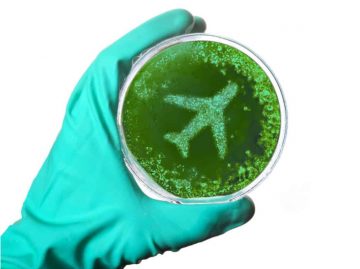Friday 20 December 2019Health news2 minutes to read
 With the Christmas and New Year holidays fast approaching, you may have an overseas trip planned and be counting down to the day you jet off to an exotic location.
With the Christmas and New Year holidays fast approaching, you may have an overseas trip planned and be counting down to the day you jet off to an exotic location.
However, with measles currently spreading in popular holiday destinations there is cause for extra vigilance when travelling overseas this summer.
West Coast Medical Officer of Health Dr Cheryl Brunton says we are currently measles-free on the Coast and we’d like to keep it that way. People should avoid bringing unwanted illness back home from their holidays.
“If you’re travelling to Samoa, Tonga, the Philippines or Fiji and you’re aged under 50, check that your vaccinations are up to date to prevent becoming unwell while on holiday, and risking bringing measles back to the Coast.
“Measles vaccinations are free for those aged under 50 who are travelling to an area where there is a measles outbreak. Current outbreak regions can be found on the Centers for Disease Control and Prevention website,” says Dr Brunton.
Over the Christmas and New Year break many friends and relatives will visit our region, so it is important to make sure your whānau and those visiting are immunised too.
Dr Brunton says vaccination is the best protection against measles.
“This is especially important for children who haven’t had their MMR vaccinations – scheduled at 15 months and four years. These children, and those travelling to an area where this is an outbreak are currently top priority for vaccination,” says Dr Brunton.
As the measles vaccination takes up to two weeks to provide protection, don’t leave it until the last minute. Call your general practice team and check whether you and your family are all up to date with your vaccinations before you travel this summer.
Anyone with measles symptoms or who believes they may have been exposed, can contact their usual general practice 24/7 for additional advice, no matter where they are. If people call their GP team after hours they can be put through to a nurse who can provide free health advice and advise what to do.
ENDS
Tags Christmashealth-risksholidaysmeaslesvaccination
Related topics
Health AlertsHealth awarenessVaccinations
Back to Health News

 With the Christmas and New Year holidays fast approaching, you may have an overseas trip planned and be counting down to the day you jet off to an exotic location.
With the Christmas and New Year holidays fast approaching, you may have an overseas trip planned and be counting down to the day you jet off to an exotic location.